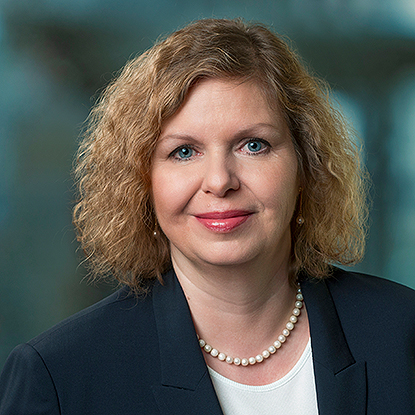Discrete Optimization
Optimization tasks that involve discrete decisions are ubiquitous in mathematics, industry, and business. Examples include the planning of transportation systems, e.g., public transport or gas transportation. Here, one has to choose among a set of discrete options, i.e., to select a certain integral number of objects (e.g., buses, frequencies, etc.) or to turn certain options on/off (e.g., to close a valve). These problems are modeled as mathematical optimization problems. Typically such problems become large in practice and are inherently hard to solve. Thus, we develop mathematical theory and techniques in order to solve them successfully.
The research group Discrete Optimization develops methods, algorithms, and software to deal with discrete optimization problems. In particular, methods from integer and combinatorial optimization are developed.
The research group Discrete Optimization currently is engaged in the following collaborative research projects:
- DFG Collaborative Research Center SFB Transregio 154 “Mathematical Modelling, Simulation and Optimization using the Example of Gas Networks”
- DFG Priority Project SPP 1736 “Competitive Exploration of Large Networks”
- Clean Circles “Iron as energy carrier in a carbon neutral circular energy economy”
- RODES: “Robust Optimization for the Design of Energy Systems”
- MISTRAL: “Methodology for integrated, site-wide transformation concepts for industrial properties”
Furthermore, Discrete Optimization was involved in the following finished projects:
- EnEff:Wärme – MeFlexWärme “Mathematical Optimization of Heating Networks”
- DFG Priority Project SPP 1798 “Compressed Sensing in Information Processing”
- DFG Collaborative Research Center SFB 805 “Control of Uncertainties in Load-Carrying Structures in Mechanical Engineering”
- DFG project “SPEAR – Sparse Exact and Approximate Recovery”
- BMWi funded project on “Gas Transport Optimization”
- DFG Collaborative Research Center SFB 666 “Integral sheet metal design with higher order bifurcations – Development, Production, Evaluation”


